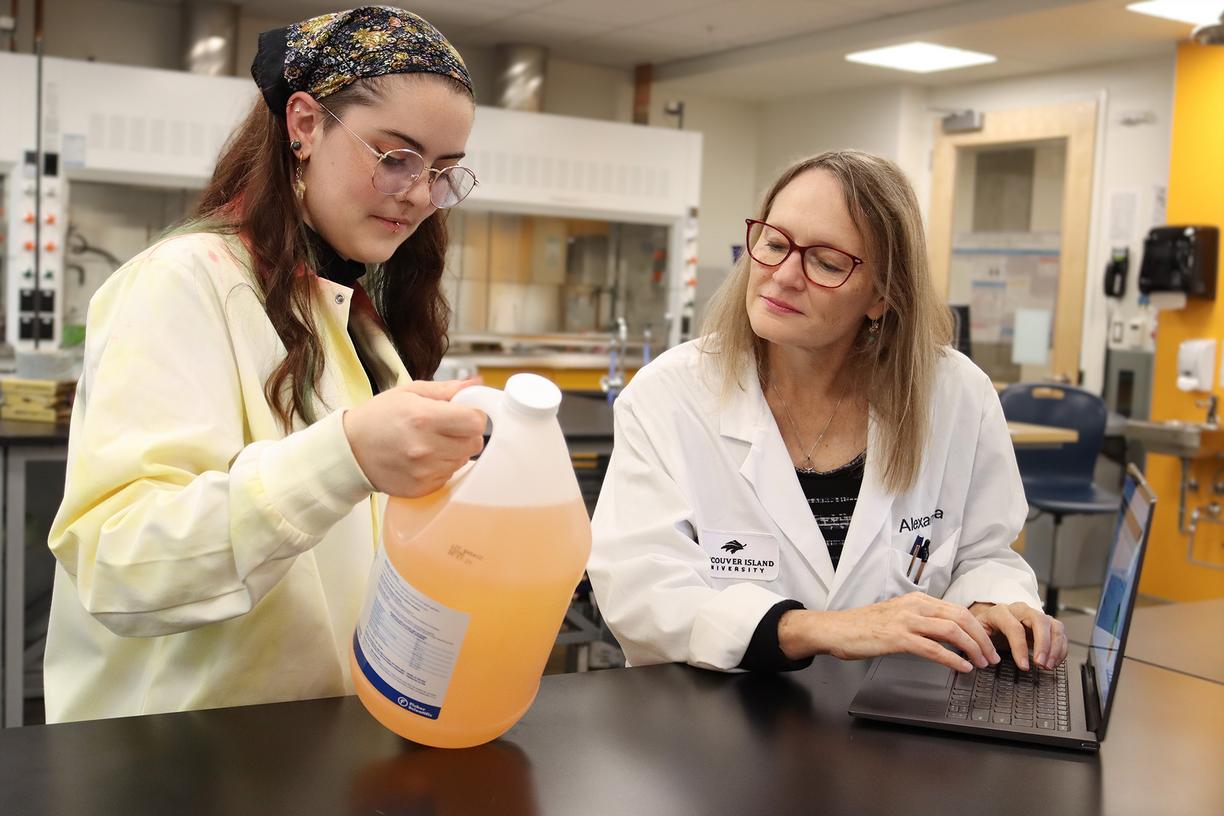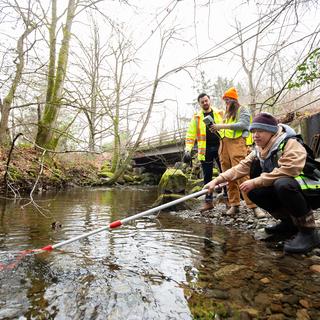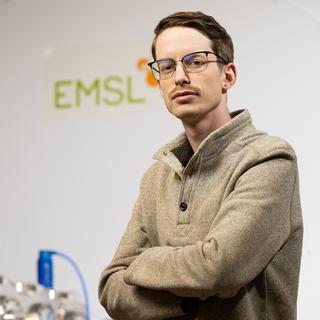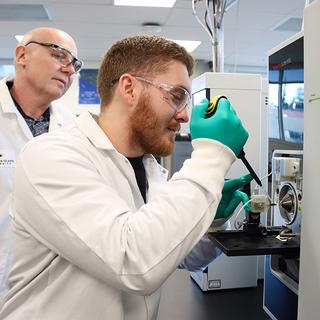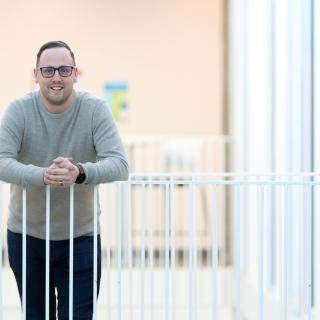Lily Eggert, VIU research assistant, left, and Dr. Alexandra Weissfloch, a VIU Chemistry Professor, discuss the chemicals in a cleaning product. Vancouver Island University photo
What products can you use to clean your boat that won’t harm the environment?
VIU researchers are giving consumers the answers with a database that breaks down which boat cleaning and maintenance products are eco-friendly and which ones contain potentially harmful ingredients.
Dr. Alexandra Weissfloch, a VIU Chemistry Professor, and VIU student researcher Lily Eggert partnered with the Pacific Salmon Foundation (PSF) to develop a searchable database of product information and advice on eco-friendly cleaning with minimal impact.
“Pacific Salmon Foundation expressed their concerns to me about the potential impact of chemicals used by boaters on salmon and their coastal habitats,” said Weissfloch. “We thought that it would be a good idea to develop well-researched educational materials to help boaters make wise choices.”
The new database sheds light on many products used in boat cleaning that are toxic and can have unintended consequences on aquatic ecosystems.
“Recreational boating is a great way to experience nature, but it can also be harmful to the environment, including important salmon habitat,” said Nicole Christiansen, project manager at Pacific Salmon Foundation. “This resource will help boaters make better-informed decisions about which products they should use to clean their boats.”
One of the challenges for consumers is that it’s rare for cleaning products to have the full ingredient list on the packaging and looking up the information is not always feasible.
Weissfloch explained that determining safety can be challenging even when ingredients are listed. People need to access and interpret reliable chemical hazard information.
“The average person, especially boaters, wants a healthy ecosystem. And for the fishing industry this is their livelihood and having this information is valuable for them,” said Eggert, who added the goal of the database is to make people’s lives easier.
The researchers broke down the products into categories from very low concern – deemed safe for the environment – to highly concerning. There is also a “no information available tab” for products where ingredient lists weren’t available or were incomplete. PSF’s Natalia Garcia-Arias created a user-friendly dashboard for the database. The Pacific Salmon Foundation said their green boater brochure, which features the database, has been well received at outreach events.
Weissfloch said using eco-friendly or safe products is important for aquatic ecology because when toxic substances enter waterways, they can negatively affect not just salmon but other fish, aquatic invertebrates and algae. These toxicants can even end up bioaccumulating in mammals and birds.
“The aquatic environment is so important for the ecosystem and for healthy organisms from salmon to orcas. When you have boats in a marina, they are fairly concentrated in a small area. Anything that people use to clean their boats with ends up in the water. It can have a significant effect on the organisms there,” she said.
Two types of toxicity can occur: acute toxicity and chronic toxicity. Chemicals with acute toxicity have an immediate effect and can kill organisms right away. The harmful effects of chemicals with chronic toxicity are often more subtle and occur over time. Chronic toxicity can lead to issues such as reproductive problems in organisms, leading to decreases in population over time.
“A big part of these chronic toxicities is they are hard to pinpoint unless you do rigorous studies. A lot of what we are doing here is preventative to make sure these chemicals that can cause these downstream issues aren’t ending up in the water bodies to begin with,” said Eggert.
Weissfloch said people need to be wary of “greenwashing” as some companies have vague or weak claims about the environmental friendliness of their products. She said people looking to make eco-conscious choicesfor themselves, such as buying household cleaners, should check for specific product labels. The Safer Choice label means the ingredients have been verified by the US EPA as safe for humans and the environment. The Ecologo indicates the product has been verified for reduced environmental and health impacts.
-30-
Media Contact:
Rachel Stern, Communications Officer, Vancouver Island University
C: 250.618.0373 l E: Rachel.Stern@viu.ca | X: @VIUniversity
The VIU community acknowledges and thanks the Snuneymuxw, Quw’utsun, Tla’amin, Snaw-naw-as and Qualicum First Nation on whose traditional lands we teach, learn, research, live and share knowledge.

